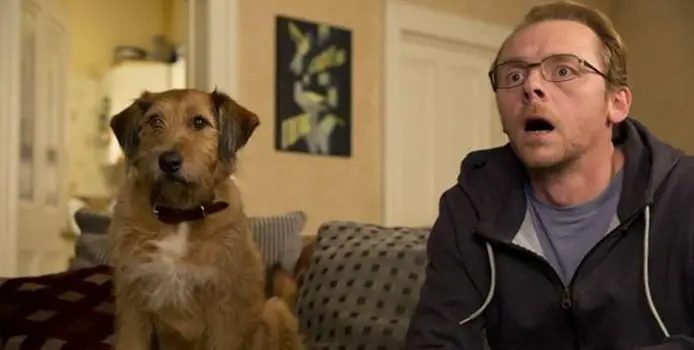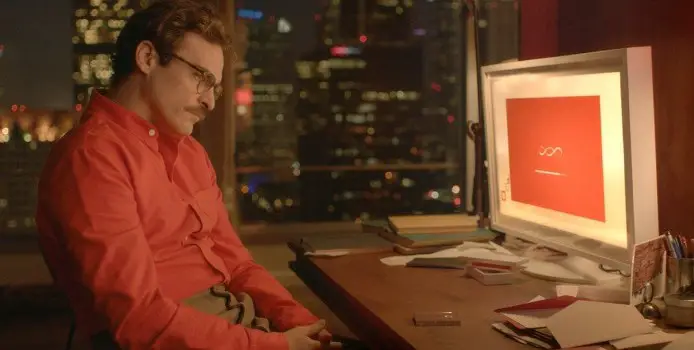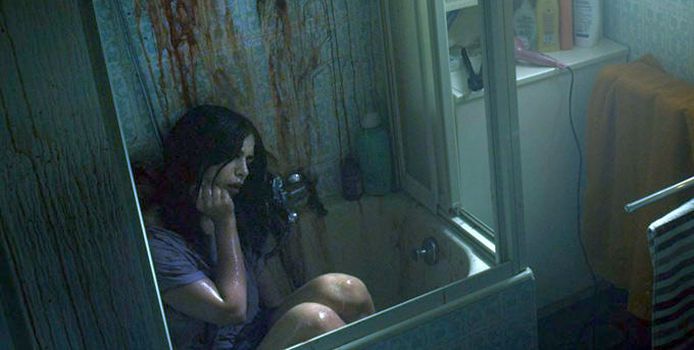science fiction
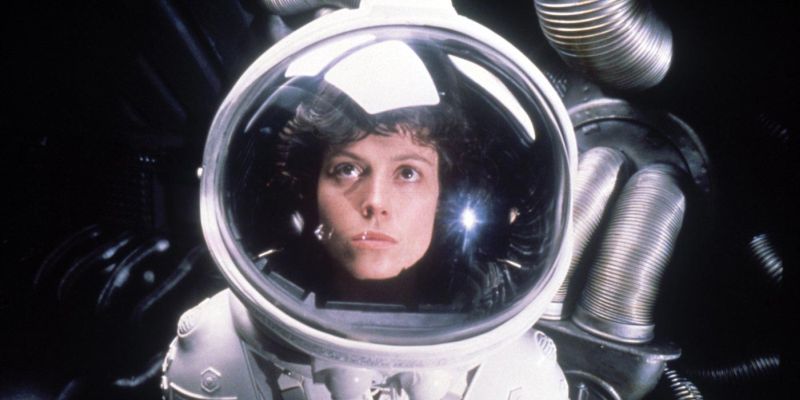
By its nature, sci-fi is a genre of revolution. The fantastical elements (time travel, dystopian future setting or parallel worlds) allow the genre a certain amount of artistic license. This generally results in society being represented as fairer, less discriminatory or strong themes of trying to make the world a better place.
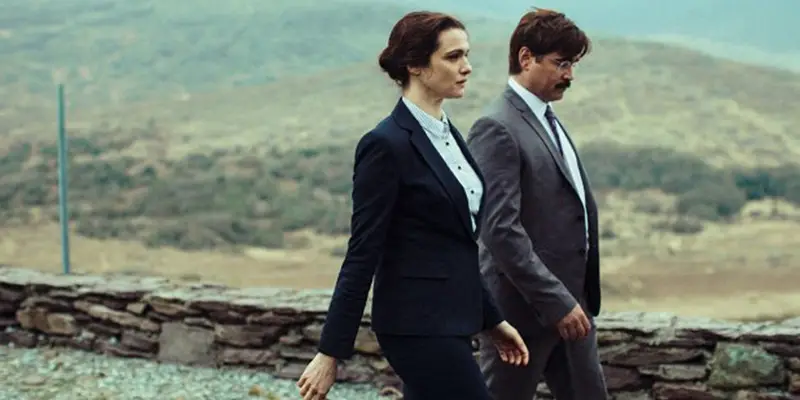
Technology has made finding relationships easier than before, yet also far more difficult to sustain. Less than a day before writing this review, my boyfriend broke up with me. It took eight months to realise that we are completely different people with different interests, with the realisation of our incompatibility unwelcome but inevitable.
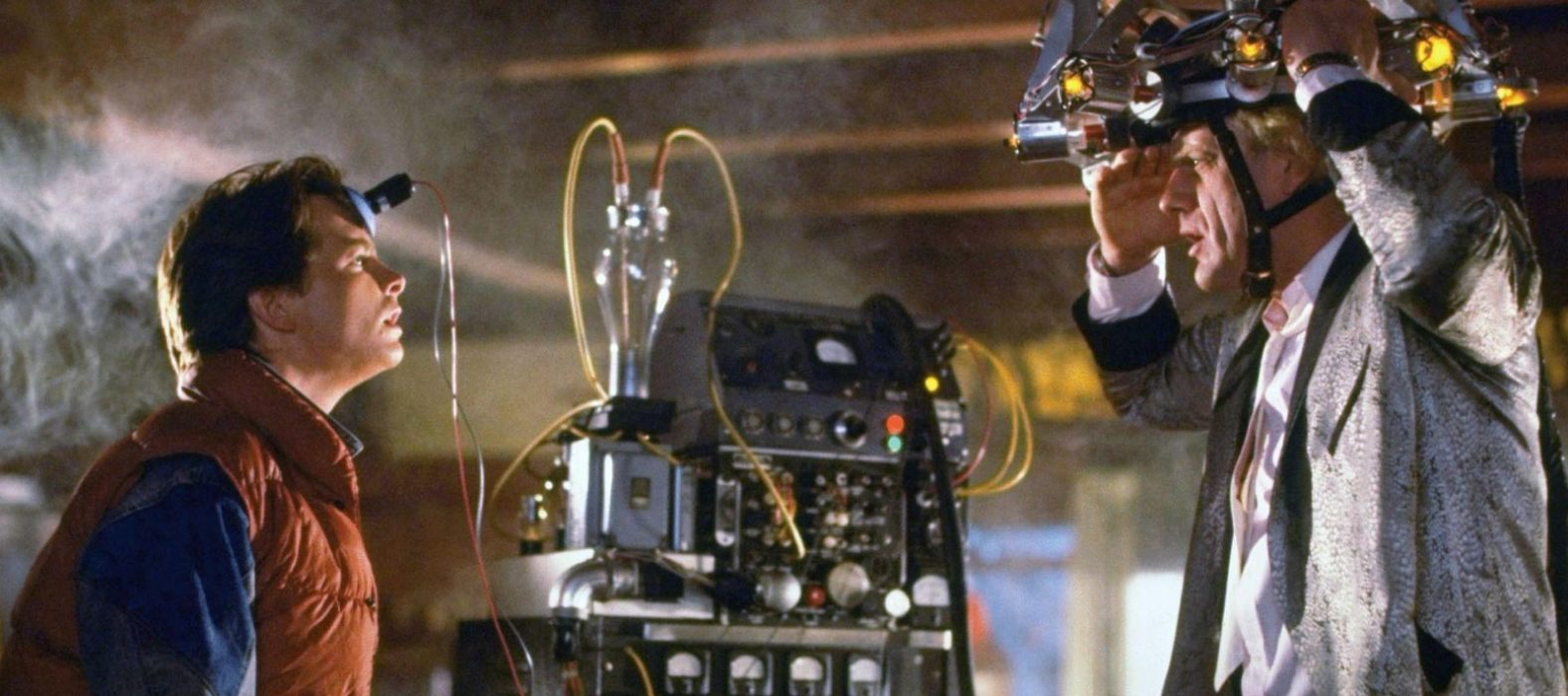
There are franchises that have their special days to commemorate their enduring legacy, usually ones which are directly implied from the films. Star Wars, for example, has its May 4th as a reference to the famous “may the Force be with you” quote, and the Back To The Future trilogy also has its own. As the series centres on time travel and that there are a number of dates which our heroes transport to, the one that arguably stands out as ‘Back To The Future Day’ is October 21st, 2015.
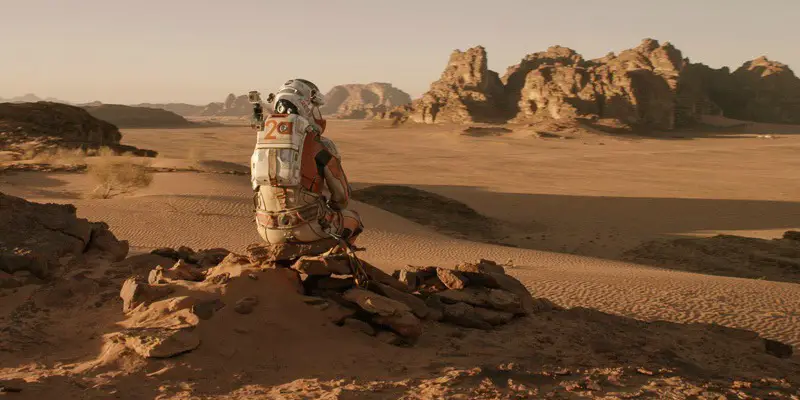
Some of the very best films are those that are immersive experiences. You immediately know after leaving the theater that you have witnessed something special, and for anyone to even suggest otherwise just seems inarguably wrong. The Martian is one of the few films that I have seen this year that has left such an impact.

Fantastic Four is a film that people wanted to hate from the start. First, there was the controversial casting of Michael B. Jordan as the traditionally white character Johnny Storm; shortly following this was the discovery that Victor Von Doom was a computer hacker instead of a brilliant inventor; finally, there was the casting itself, which involved younger characters just finishing high school, whereas most adaptations of the story present the Fantastic Four as adults.
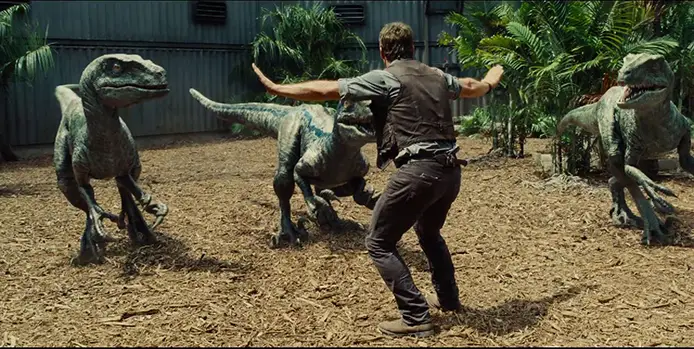
Two decades after the original Jurassic Park became the most successful film of all time at that point and ushered in the era of CGI, the blockbuster cinema landscape is very different. With Marvel Cinematic Universe, franchises six or seven sequels deep, and young-adult dystopias dominating the big releases more and more every year, original screenplays or adaptations of adult-oriented novels are struggling to make an impact – it is inconceivable that Steven Spielberg’s classic could have been released today with anything near the same level of success as in 1993. And so while the original film has a devoted fan base, few would have thought there was that much demand for a new Jurassic Park film, especially after its two increasingly inferior sequels.
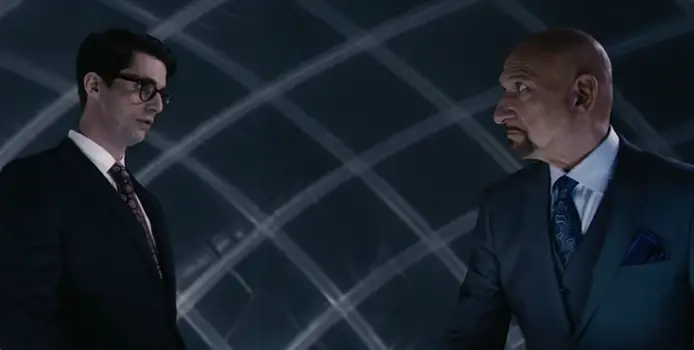
I’ve been toiling over this review for about a week now. A large portion of mainstream film criticism has shifted towards tearing down films, blatantly nit-picking all aspects of a movie and continuously shouting nasty adjectives which seemingly constitutes as a review of a film. I get why it’s so big nowadays, being angry at or disappointed in something will always get a more humorous and memorable responses.
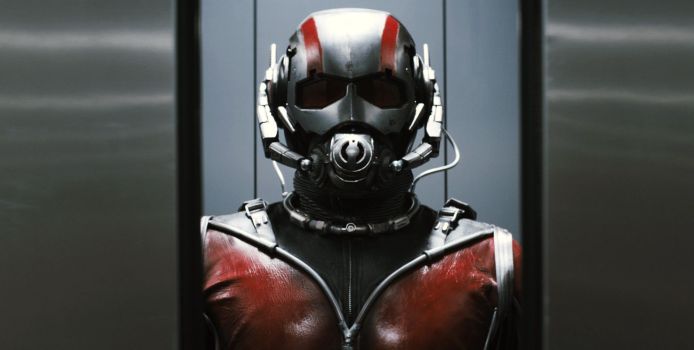
Before watching Ant-Man, it would be safe to predict that the movie would be the film that destroys the foundations of the Marvel Cinematic Universe. This is a film that has suffered from well-publicised production troubles, leading many to question the artistic integrity of the directors the studio chooses to helm its projects, whose directorial vision has to be sacrificed in order to create another chapter in studio head Kevin Feige’s grand master plan. Production troubles sometimes lead to fantastic movies, but more often than not, they lead to gigantic box office flops – not even the seemingly unbeatable Marvel can overcome that, surely?
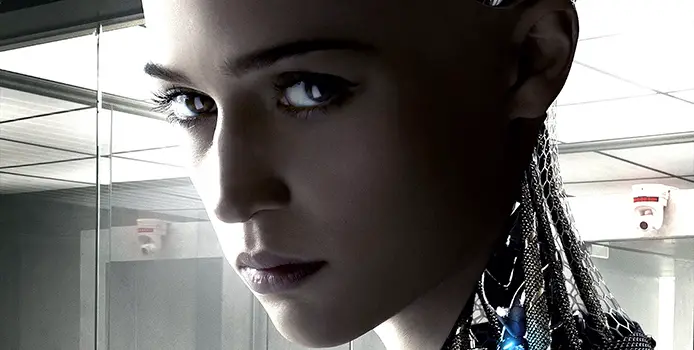
In recent years, the subject of artificial intelligence in movies has become more and more prominent, perhaps because our own technology has become increasingly advanced in that direction. It may not be long before we have created our own race of conscious, intelligent beings. Until then, though, it is always fascinating to surmise about the idea.
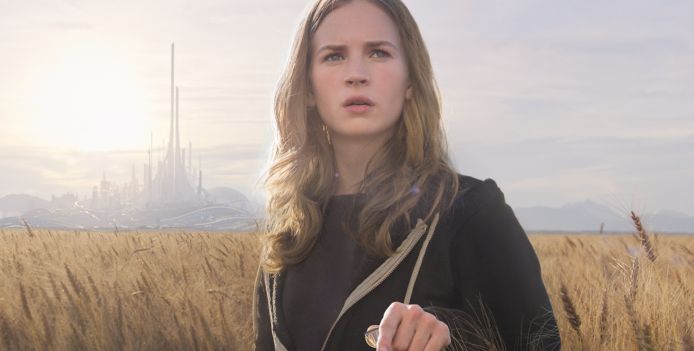
The central idea to Tomorrowland, Disney’s latest attempt to turn a theme park attraction into a blockbuster spectacle, is flawless. Instead of being pessimistic about the future, why don’t we adopt the same attitudes of previous generations and look at the future with a sense of optimism, awe and wonder? After all, today’s younger generations are being fed miserable visions of the future by pop culture, with every major summer tentpole movie of the past few years having villains who argue that the best way to save both the planet and humanity as a whole is to destroy it.
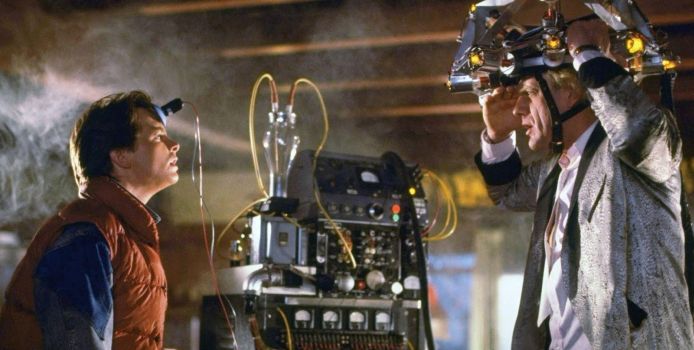
In some ways, the cinema is the closest thing we can experience to travelling through time – certainly the closest of any art form. In the dark room of a movie theatre, an audience can be transported to the distant past or spectacular visions of the future, and even in watching films from the 30’s and 40’s we can look at the lives and faces of people who died many years ago. Time travel became popular as a literary device with HG Well’s The Time Machine – published in 1895, the same year that the Lumière Brothers made Arrival of a Train at La Ciotat.


